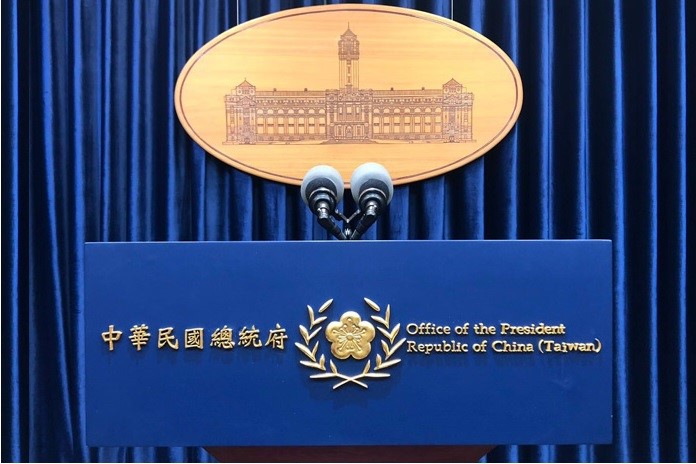News & activities
 News releases
News releases
A delegation led by Republic of Guatemala President Alejandro Eduardo Giammattei Falla will arrive in Taiwan on April 24 for a four-day state visit at the invitation of our government, and will depart on April 27. This will be President Giammattei's first visit to Taiwan in his capacity as president of Guatemala after his visit in October 2019 as president-elect. On the evening of April 20, Presidential Office Spokesperson Olivia Lin (林聿禪) said that President Tsai Ing-wen offers a warm welcome to President Giammattei and his delegation on behalf of the government and people of Taiwan.
Spokesperson Lin said that President Tsai was warmly received by the Guatemalan people and government during her recent diplomatic visit to Guatemala, and that as an expression of courtesy and respect for his first visit to Taiwan as president, she will welcome President Giammattei with full military honors and a state banquet, and will confer upon him the Order of Brilliant Jade with Grand Cordon. Spokesperson Lin added that President Tsai and President Giammattei will hold meetings and exchange views on issues of mutual concern.
President Tsai and President Giammattei will also visit RAC Electric Vehicles in Taichung and attend an event in Taipei marking the beginnings of a month-long celebration of Guatemalan coffee culture and a coffee truck's journey around Taiwan.
Spokesperson Lin stated that other high-ranking Guatemalan officials and legislators on this trip include Congressional President Shirley Joanna Rivera Zaldaña; Minister of Foreign Affairs Mario Adolfo Búcaro Flores; Minister of Public Finance Edwin Oswaldo Martínez Cameros; Minister of Agriculture, Livestock, and Food Edgar René de León Moreno; and Minister of the Economy Janio Moacyr Rosales Alegría.
Noting that Taiwan shares a close friendship with Guatemala, our steadfast Latin American ally, Spokesperson Lin said that Guatemala has long spoken up for Taiwan on the international stage, firmly supporting our international participation. The spokesperson said we look forward to the visit of President Giammattei and his delegation strengthening our longstanding friendship, deepening our cooperation, and bolstering our joint efforts toward global democratic resilience and economic prosperity.









